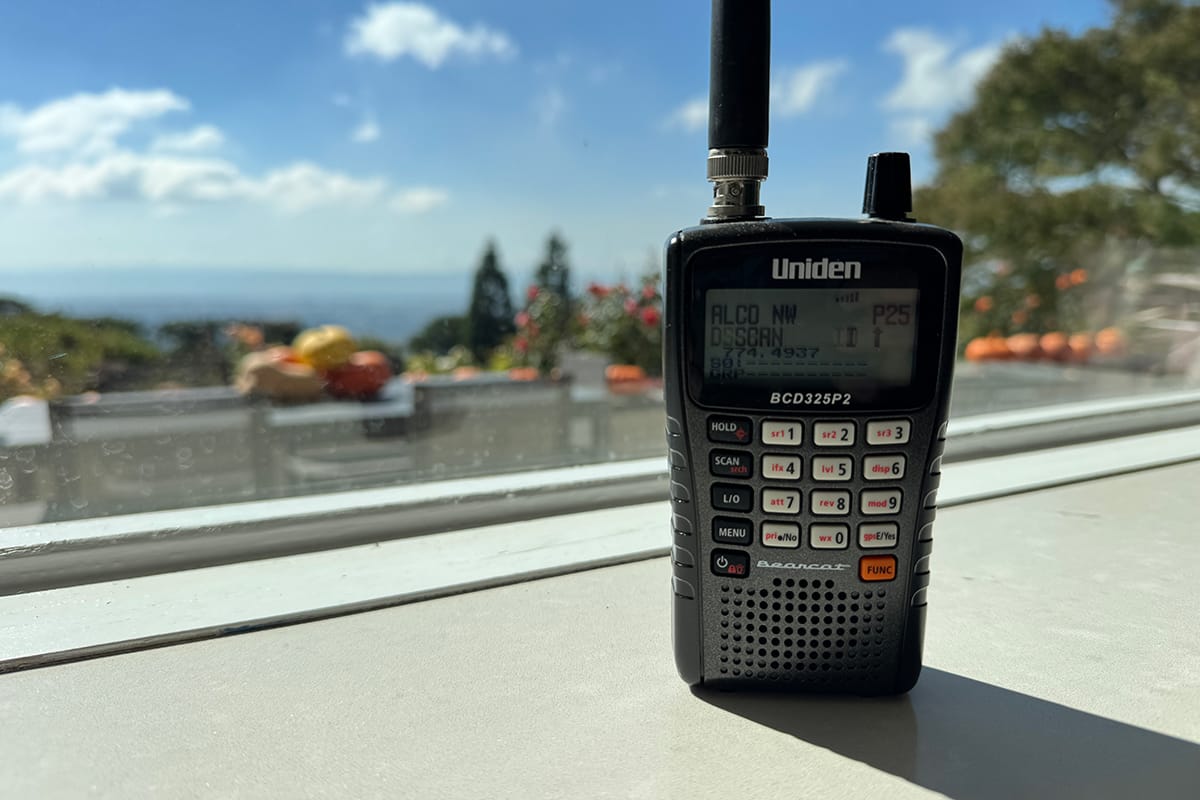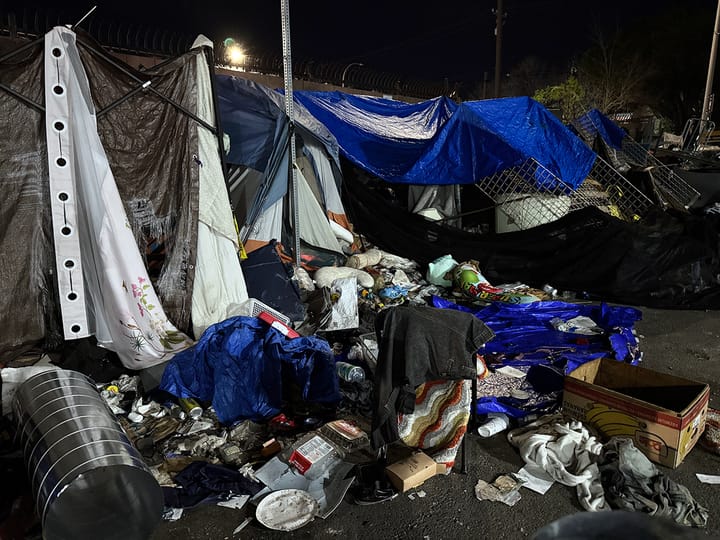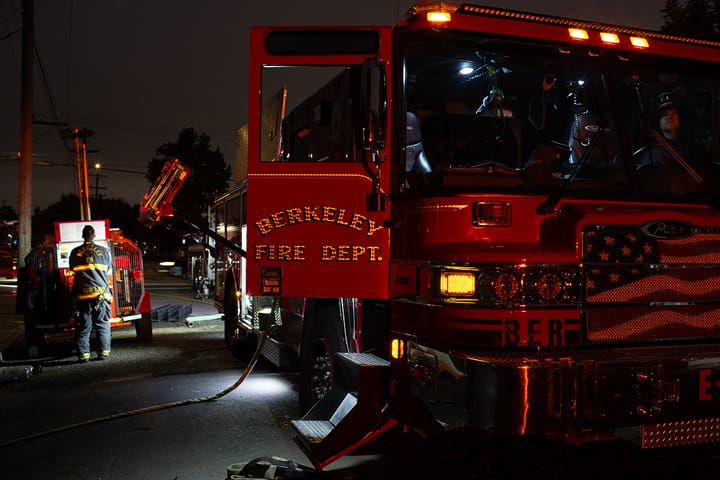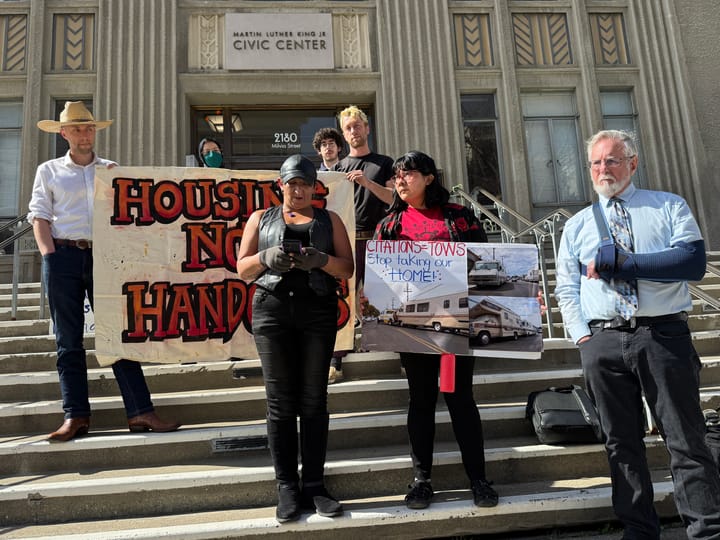In sharp pivot, Berkeley police ask to encrypt all radio traffic
In a new agenda item, posted Thursday, Berkeley police cite two main arguments for encryption: officer safety and state requirements.

Berkeley police will ask the City Council later this month to rescind a longstanding directive and precedent that kept most of its radio traffic public.
The broader conversation about encryption dates back to 2021, when many agencies in Alameda County, including Berkeley, got new radios featuring "encryption capabilities."
The Berkeley City Council voted at the time to limit encryption in favor of First Amendment concerns and public transparency, which Berkeley police themselves have long touted as key tenets in line with broader Berkeley values.
The move to encrypt has prompted pushback from privacy advocates and police watchdog groups but would be aligned with many other law enforcement agencies in the state, including in Alameda and Contra Costa counties, which both went dark in October.
As recently as last month, BPD was set to be the lone local holdout on encryption, pledging to maintain its public channels for the foreseeable future. The plan has changed.
If the Berkeley City Council approves BPD's request Oct. 28, it will be much tougher to know about Berkeley police calls in a timely manner.
Authorities say Berkeley Fire traffic will continue to be broadcast, providing a window into joint responses as well as BFD calls.
In a new agenda item, posted Thursday afternoon, Berkeley police cite two main arguments for encryption: officer safety and state requirements.
On the officer safety front, police say they have sometimes caught suspects monitoring their traffic, including amid overnight commercial burglaries, and that open channels give criminals a chance to ambush cops.
BPD said that concern has only been heightened this month, with Berkeley now the only agency in Alameda and Contra Costa counties with public police channels.
Authorities say they fear this will concentrate "criminal attention on Berkeley’s open channels."
State rules still allow public police traffic
In Thursday's agenda item, Berkeley police also cite California Department of Justice and federal rules that have formed the basis for encryption in much of the state.
In 2020, the state DOJ issued a memo that required local authorities to "limit the amount and types" of sensitive information that could be broadcast over unencrypted channels.
The DOJ defined this information as someone's name in combination with other specific "data elements," such as a driver's license or ID number.
Police in Berkeley moved those details to an encrypted channel years ago.
But the city still claims it would be exposed to "heightened liability" if it does not encrypt all of its traffic.
The DOJ memo specifically carves out an allowance for "radio traffic … necessary to provide public safety" — yet many police agencies, including in Berkeley, continue to refer to it as a requirement for complete encryption.
In Thursday's item, Berkeley police said the department's ongoing "staffing constraints" — for police as well as public safety dispatchers — have rendered the existing system of "encrypted secondary channels… operationally inefficient and unsustainable."
Short staffing has resulted in "delayed or incomplete communications" at key moments, the department says.
If council approves the request, the department says it will continue to use its existing social media channels and other resources to share public information.
The agency does not, however, have a robust or comprehensive approach to social media posts, which are often significantly delayed and missing key details. Many serious cases never get featured.
Berkeley has essentially said its hands are tied if it wants to be in sync with regional partners, which all share the same radio system, and that any solutions to maintain public access would be too expensive.
The encryption item is set to go before the Berkeley City Council on Oct. 28.
Stay tuned for ongoing coverage.




